Review of Wuthering Heights (1970)
Introduction
Wuthering Heights, when first published in 1847, was a bit of a slow burner. In truth - it made very little impact at all except for a few disapproving tut-tuts about its primitive immorality. It was Emily Bronte`s first, and indeed only novel. Her sister Charlotte`s Jane Eyre was a much more popular publication and in truth, it was only after Emily and sister Anne tragically passed away that it became a curio and it`s popularity increased. So Emily would have had no idea that it would become such a classic and would one day spawn no less than 12 film versions (to date).
This version was made in 1970, Directed by Robert Fuest, who was perhaps best known for Directing the Dr. Phibes series, as well as for being a stalwart of classic British TV (Screenwriter for some episodes of The Avengers for example)
I nearly fell off my chair when I realised that this was an AIP picture, produced by Samuel Z. Arkoff, the king of b-movie schlock. Fuest had turned in a couple of surprisingly big earners for AIP with his Phibes movies and its popularly thought that this cultured anomaly from the AIP stable was really Arkoff`s way pf rewarding the young Brit. It`s certainly a cut above Arkoff`s usual drive-in fodder.
So with 12 other versions available on silver-platters, what makes this version worth a look? Well, several things actually. Firstly, the absolutely glorious location shots across bleak Yorkshire moors which really bring out the flavour and atmosphere of this bleak novel. Possibly these were shot as they were for budget reasons but they work magnificently - arguably better than in any previous or subsequent attempts at transferring WH to celluloid. The late, great John Coquillion, who shot it, went on to make quite a career for himself as principal cinematographer on some prestige productions, including shooting three Peckinpah films.
It also has an intriguing British cast. A very young Timothy Dalton does a fine job as Heathcliff, his primitive eyes positively aflame with suppressed anger and lust as he lurches primitively through this period piece. An equally youthful Ian Ogilvy (later in `The Return of the Saint` as the natural heir to Roger Moore`s throne) plays the judge`s son, Edgar.
But I`m getting ahead of myself… For those of you haven`t read the book or seen the / a movie, here`s a one minute summary. Heathcliff is a young orphan brought home by Mr. Earnshaw (Harry Andrews) to live in Yorkshire with his family, which also includes his daughter Cathy and his son Hindley. (We never really know why though there`s a hint that he may have fathered the child). As children and young teens, Cathy and Heathcliff are inseparable, roaming the desolate moors, and they vow everlasting devotion to one another. Hindley resents Heathcliff with a burning ferocity - though this cools when he leaves to get privately educated.
By the time the elder Earnshaw dies, Heathcliff and Cathy are in their late teens, now played by Timothy Dalton and Anna Calder-Marshall respectively. Hindley (Julian Glover), now married, returns to Yorkshire to claim his inheritance, the entire farm and all its land. Hindley cruelly relegates Heatchcliff to a lowly position of working farm hand and Cathy goes for a brief stay in the local magistrate`s grand manor house, where she acquires the manners and dress of a "lady". It`s here that she catches the attentions of the son of the house, Edgar. When Cathy returns, she rebuffs Heatchcliff who now seems dirty and unsophisticated. Hindley`s wife dies soon after giving birth, and, hitting the bottle, as well as most members of his staff and family, he continues to bully and persecute Heathcliff. When Heathcliff hears that Cathy is to wed Edgar, he runs to the moors, lost and betrayed. Cathy follows (in what are the most moving moments of the movie) screaming for Heathcliff to return. She had only intended to marry Edgar for his wealth as a way of creating a future for herself and Heathcliff, her true love.
An incredibly smartened Heathcliff, suddenly walks in on Hindley and his drunken buds after an absence of three years, and is determined to settle old scores. As in the perhaps better-known movie version (the 1939 Wyler version with Olivier / Oberon in the main roles) the movie then continues to an inconsequential ending that really shows that Heathcliff is a complete social misfit, unable to bear the hypocrisies of the society he`s been born to. And that`s it. Approximately halfway through the original novel!
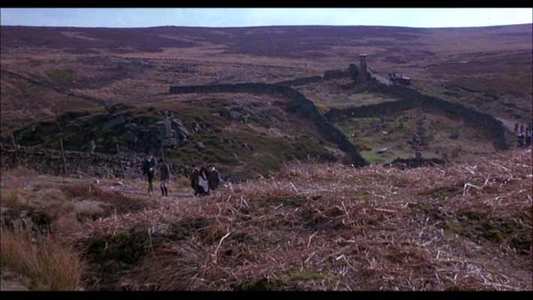
Video
Apart from a few telltale speckles during the opening titles, this is a very nice transfer. It`s a film stock that will place the movie firmly at the end of the 60`s but the dullness of its colours work well in the desolate Yorkshire Dales.
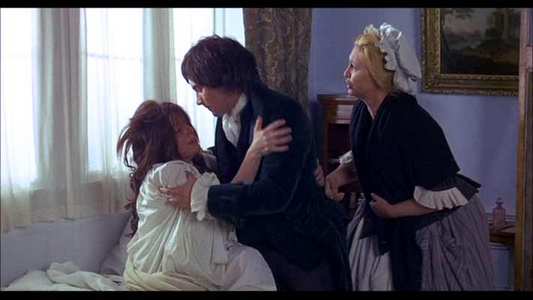
Audio
The stereo soundtrack is fine and nicely balanced throughout. Michel Legrand`s haunting score is really worth a mention too. Excellent.
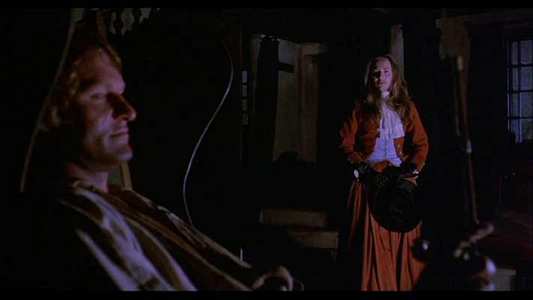
Features
Hmmm...altogether now. Nil. Nada. Diddly Squat etc etc (MGM Ho-hum...)
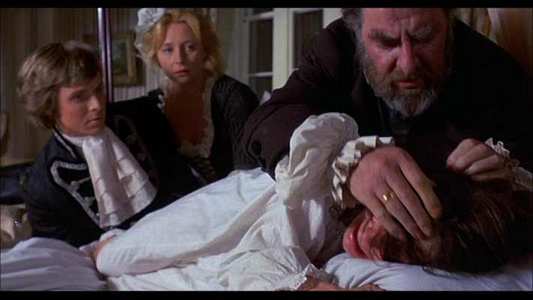
Conclusion
With 12 celluloid versions of `Wuthering Heights` (and still counting), this early seventies British version may not be everyone`s favourite though it`s a surprisingly good movie. Directed by little known Director Robert Fuest for AIP, many critics decided it was going to be more low-budget filler-fodder from a studio renowned for just that. But this version really benefits from some fantastic atmospheric location shooting that captures the bleak, almost gothic flavour of the book - as well as a surprisingly good cast. Particularly notable is a young Timothy Dalton who makes a very convincing Heathcliff. It also has a very fine score from Michel Legrand which perfectly complements the atmosphere of the moors. Not bad at all.
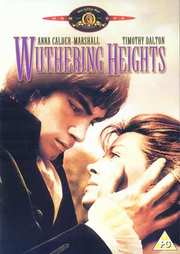
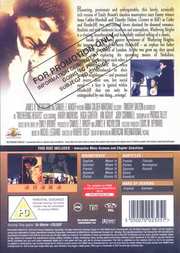




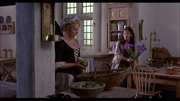
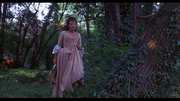
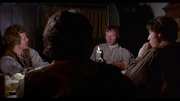
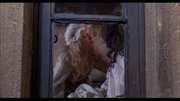
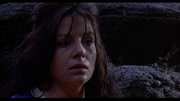
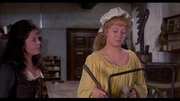
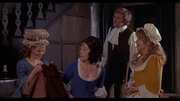
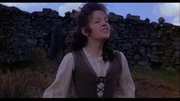
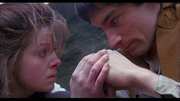
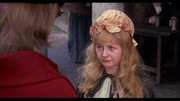
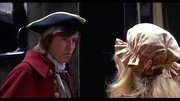
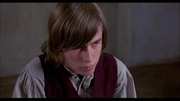

































Your Opinions and Comments
Be the first to post a comment!